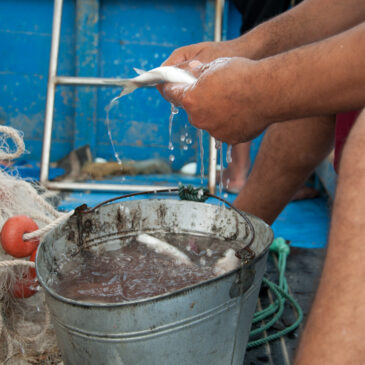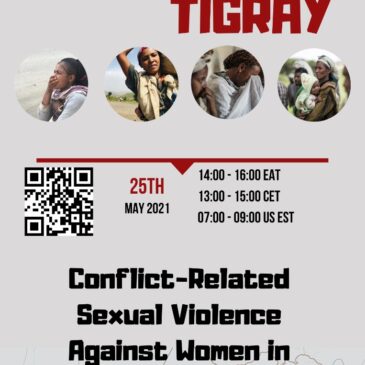News Highlights: Eritrean refugee situation of “grave concern”, 90% of people in Tigray need food aid, EU surveillance tech ramping up
In this week’s news highlights: United Nations Special Rapporteur states situation of Eritrean refugees of “grave concern”; UNICEF and Human Rights Watch state children severely affected by Tigray conflict; World Food Program reports that 90% of people in Tigray are in urgent need of food; Hundreds of detained people freed in Tigray after CNN report; Protests over US sanctions; 23 people drowned after a shipwreck off Tunisia; EU is developing and testing new surveillance digital technology that “dehumanise[s] people on the move”; Italy and France to collaborate on migration from Libya; New UK migration plan impacts the rights of refugees; Shift in migration to UK towards use of boats; and new UNHCR programme aims to enhance the education of refugees.




